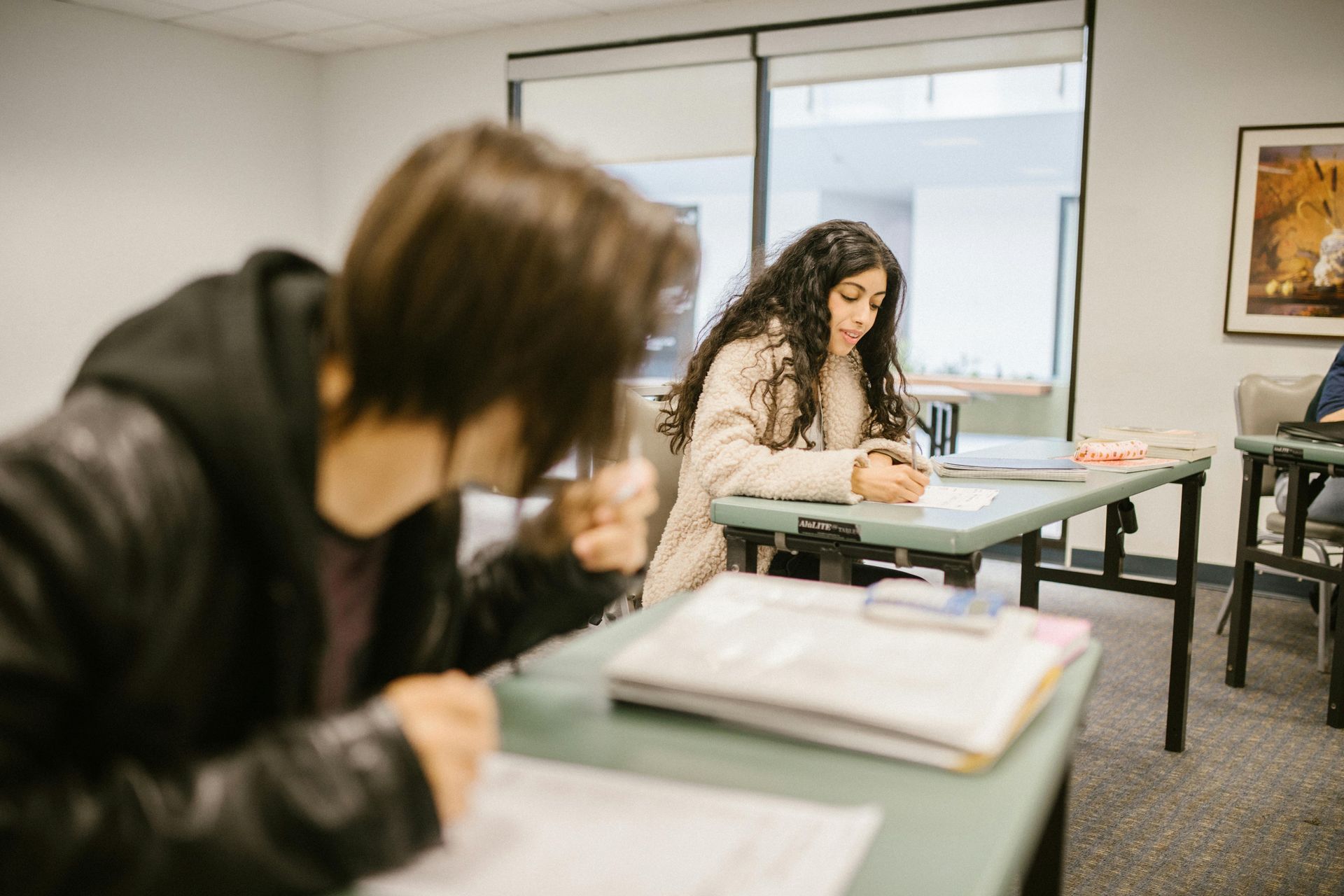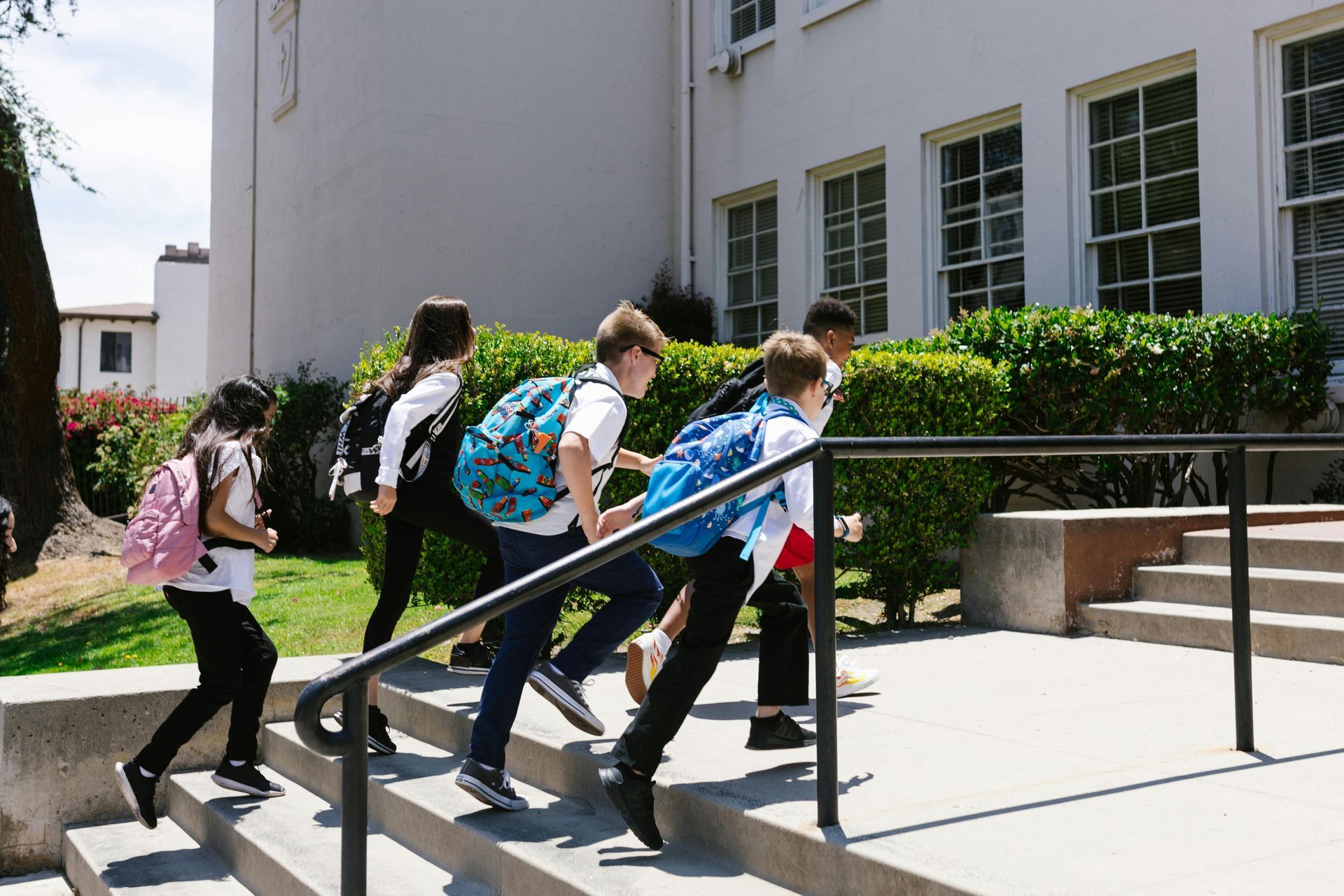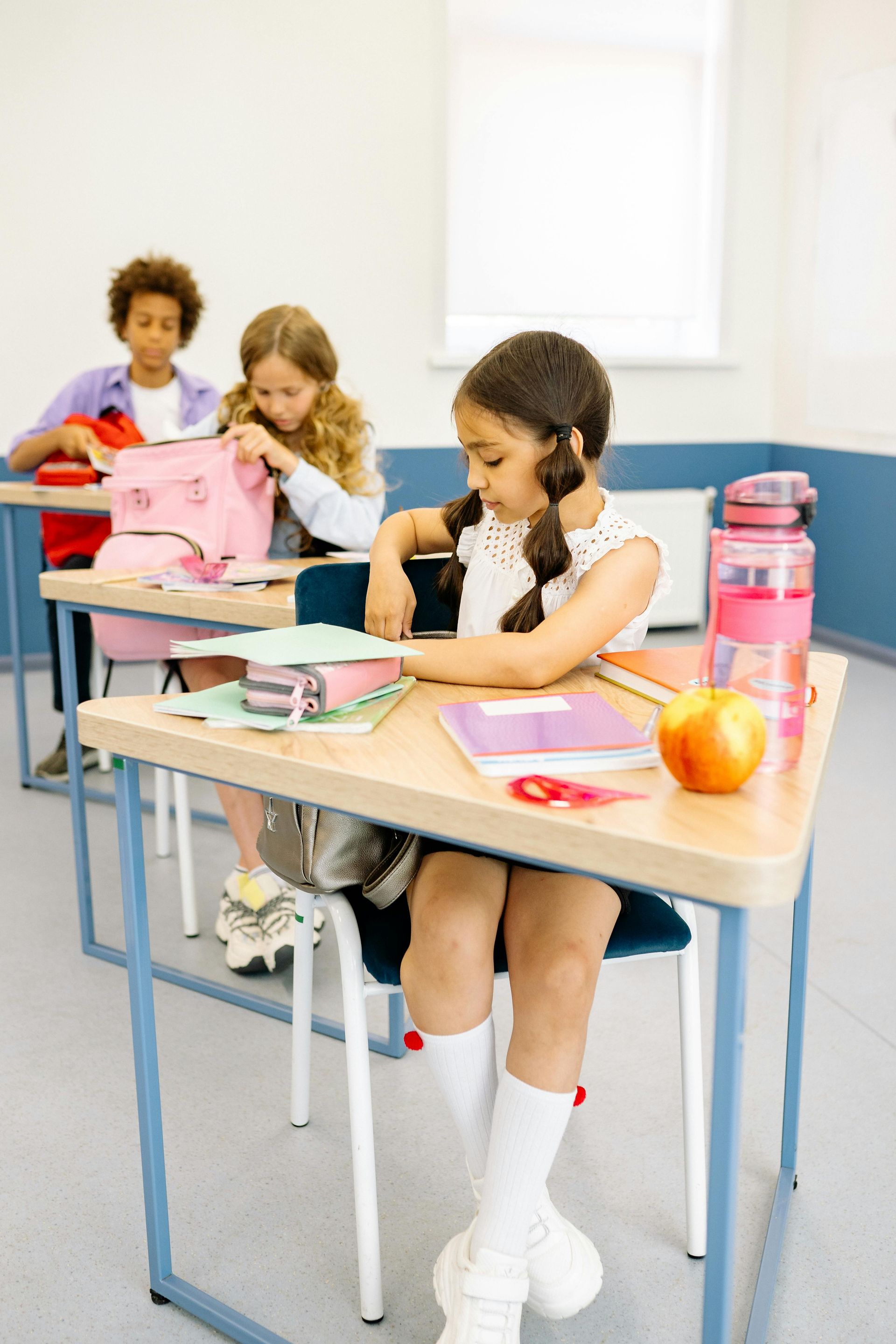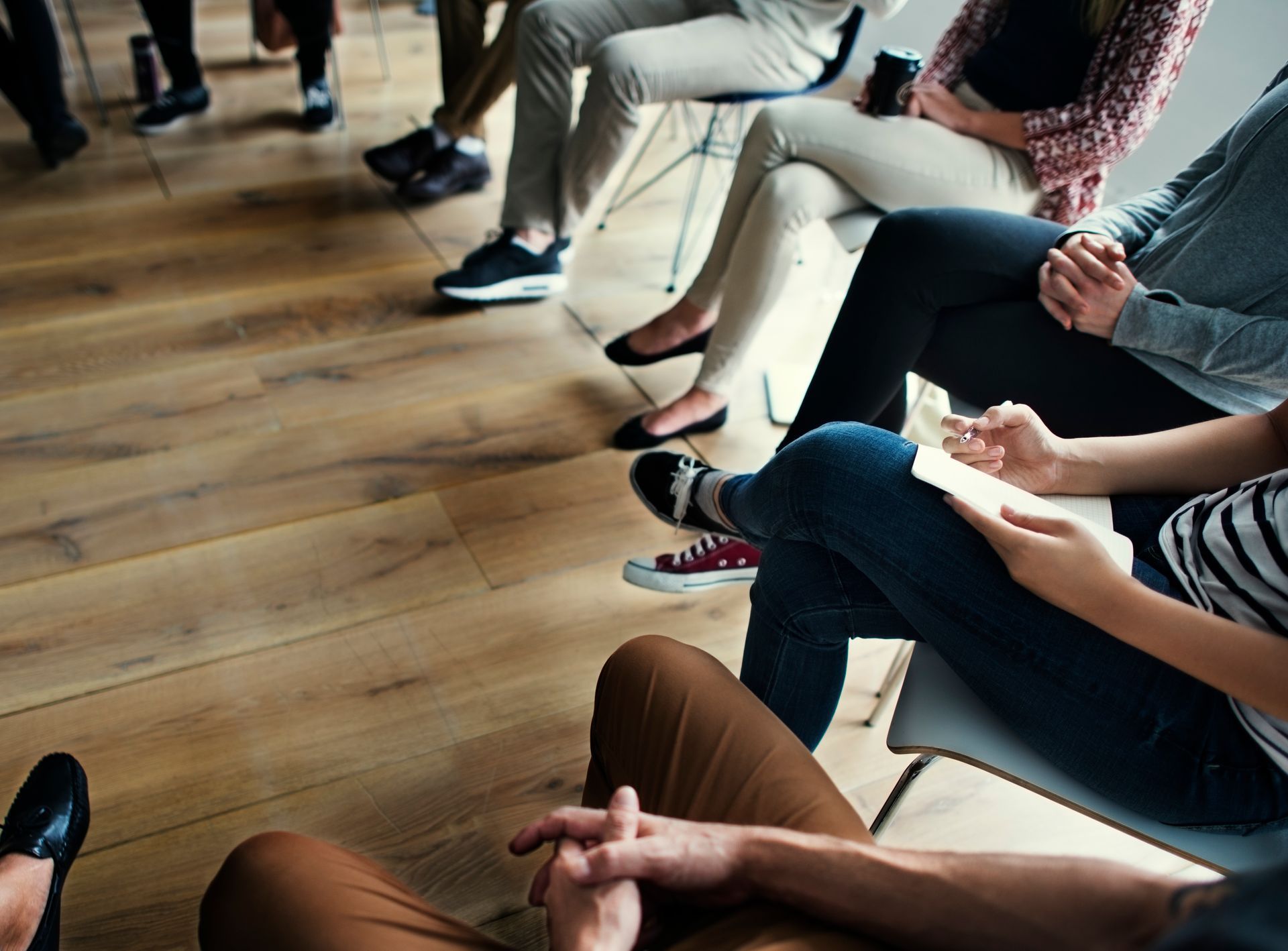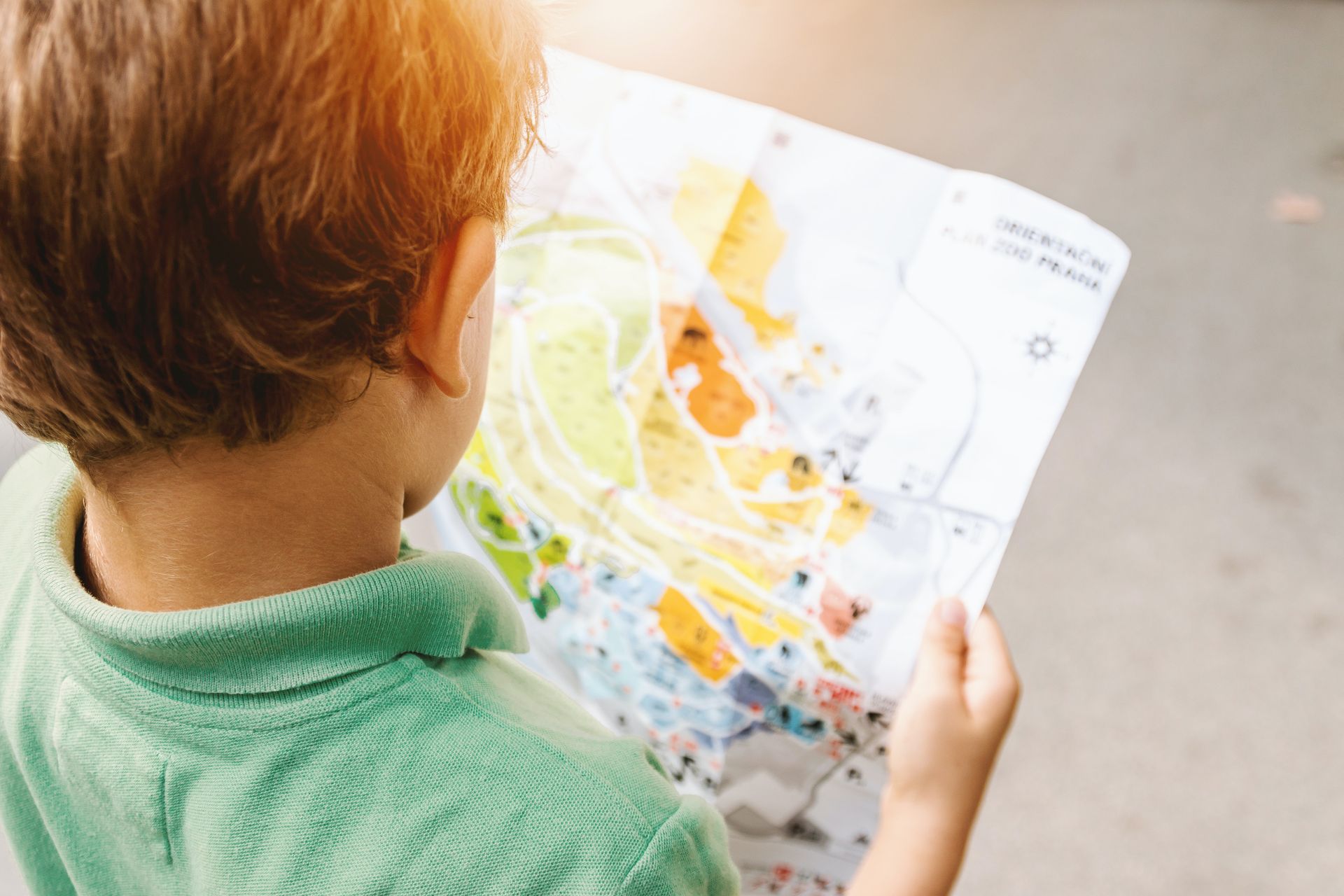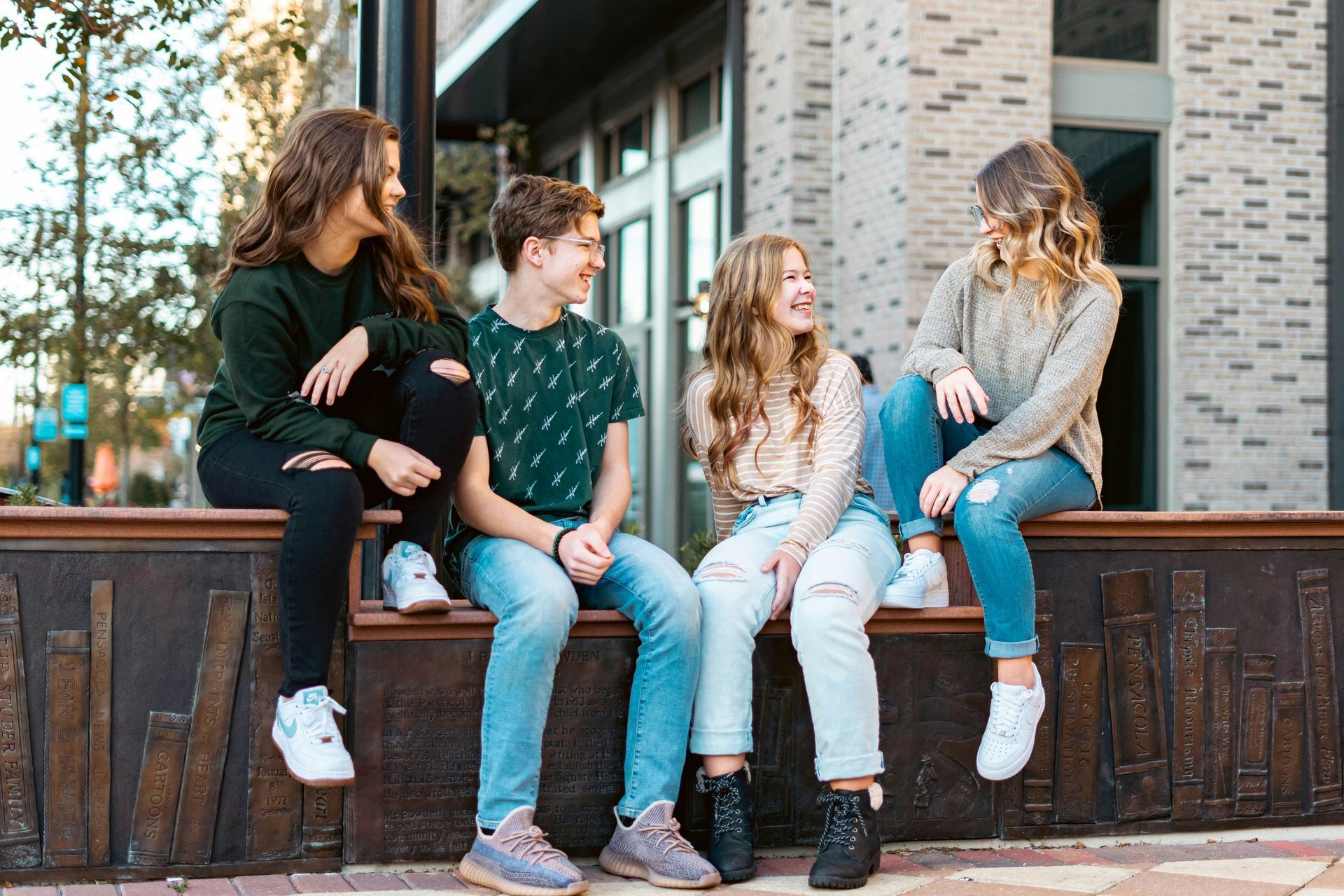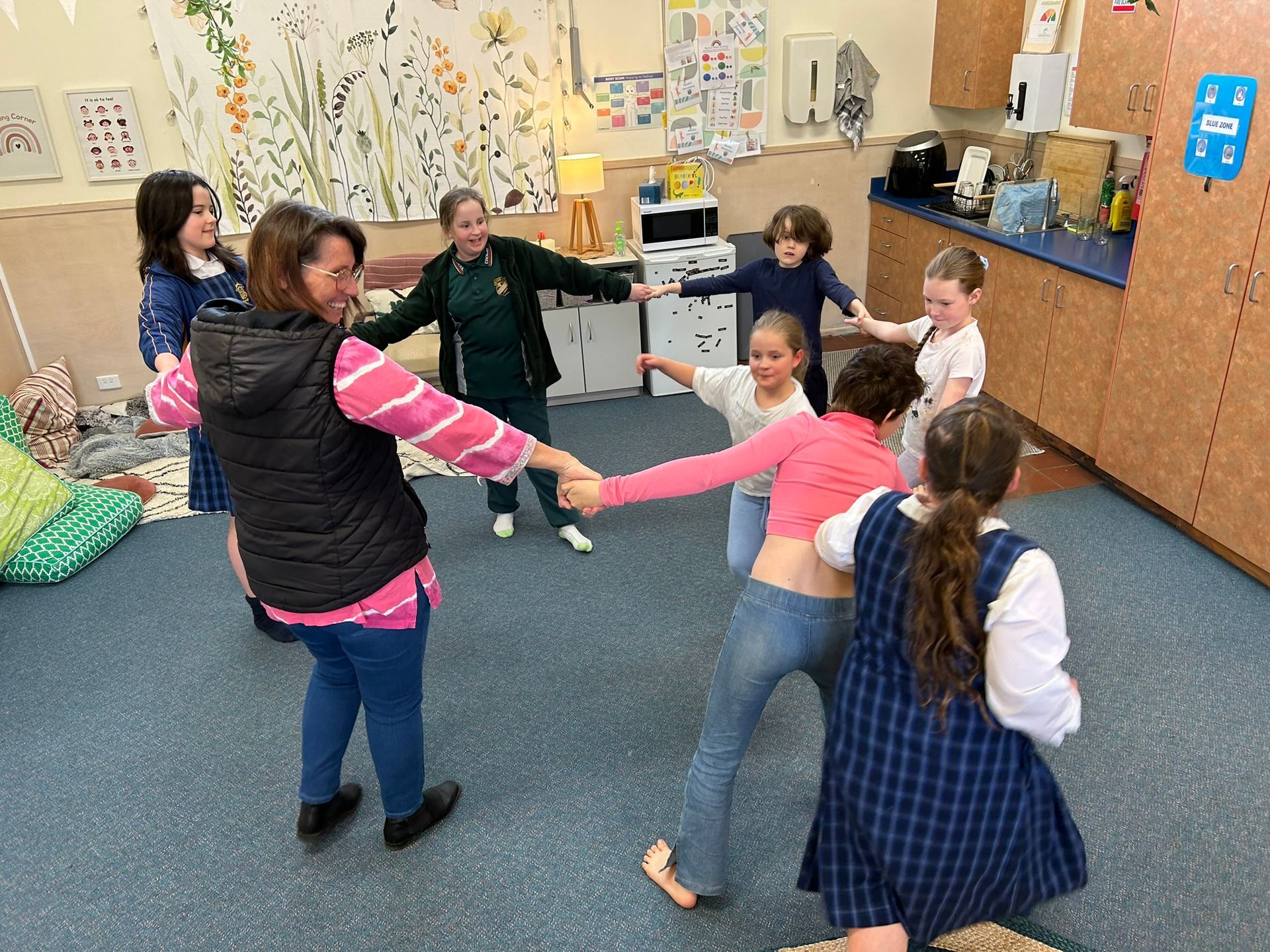LEGO®-Based Therapy
Making ConneXions Groups
What is LEGO-BASED THERAPY?
In short, LEGO-Based Therapy is designed to teach, coach, and promote social communication and social interaction skills in children who may have trouble with friendships or difficulties socialising with same-aged peers. We run two LEGO-Based Therapy groups, one for children Grades 2 to 4 and another for children/tweens Grades 5 to 7.
LEGO-Based Therapy is often used with children on the autism spectrum as LEGO is a highly organised, systematic and predictable toy. Using LEGO as a therapy medium is about using the children’s common interest of LEGO as a conduit to having the confidence to develop skills they find harder, such as social communication and social imagination. This type of social skills programming can be motivating for children on the autism spectrum as it removes the unpredictable and ever-changing concepts that can occur during free play. Consequently, the predictability offered during LEGO-Based Therapy can help many children feel calmer, more regulated and more engaged during play.
LEGO-Based Therapy is referred to as a ‘play-based’ therapy method because the therapeutic benefits of play build on the natural way children learn about themselves and the social world around them. Through play-based therapy, children learn to communicate with others and express their feelings, learn a variety of ways of relating to others, modify their behaviour and develop social problem-solving skills.
Benefits of LEGO-BASED THERAPY
Research has found that facilitated group projects using LEGO can help develop and reinforce language, play, and social skills. Improved social competencies may include: use and understanding of non-verbal communication such as eye contact, facial expression, body posture and proximity; functional skills such as requesting help and clarification; joint attention; perseverance on a task, social initiation and response; sharing and turn-taking as well as collaborative problem solving, improved negotiation and compromise.
What does a session look like?
LEGO-Based Therapy is delivered in a small group context (3-6 children). The session follows a routine structure which includes:
Arrival & Welcome: Reminding children of the group rules, talking about our week, learning to listen and respond to one another, going through the session routine (visually displayed on the board).
Structured Play: The Facilitator allocates ‘jobs’ to each child. These specific roles & responsibilities are rotated during the group, every session. The ‘jobs’ are:
a. Engineer – reads from instruction booklet
b. Supplier – finds the right bricks
c. Builder – puts the bricks together
d. Director – makes sure that the team is working together and communicating
The children work together to build a model. When the sessions begin, children typically rely on the therapist to model and prompt them through the process. As children grow comfortable and become better at sharing and negotiating, the group runs with reduced adult prompting. Of course, when emotions run high, the therapist supports positive interactions and coaches strategies to help with compromise and regulation, and skills to be a good sport and a friend.
Unstructured Play: After working together to build a model, children have some time to engage in calming free LEGO play. Sometimes the facilitator will provide ideas and challenges, particularly at the beginning. Regardless of the activity, the therapist will always be playing alongside the group to provide modelling and prompts and to capitalise on in-situ social coaching opportunities.
Parent involvement: Parents or caregivers do not attend the session. However, we provide a summary report each term and are happy to speak with you about your child's progress. Parents are also welcome to pop in and have a look at what the group has been working on, after the session concludes.
Research
Andras, M. (2012). The value of LEGO® Therapy in promoting social interaction in primary-aged children with autism. Retrieved from https://hacerlobien.net/lego/Ter-010-Social-Interaction-Autism.pdf
LeGoff, D. B. (2004). Use of Lego as a therapeutic medium for improving social competence. Journal of Autism and Developmental Disorders, 34(5), 557–571. https://doi.org/10.1007/s10803-004-2550-0
https://link.springer.com/article/10.1007/s10803-004-2550-0
Legoff, D. B., & Sherman, M. (2006). Long-term outcome of social skills intervention based on interactive LEGO© play. Autism, 10(4), 317–329. https://doi.org/10.1177/1362361306064403 https://pubmed.ncbi.nlm.nih.gov/16908476/
Lindsay, S., Hounsell, K. G., & Cassiani, C. (2017). A scoping review of the role of Lego ® therapy for improving inclusion and social skills among children and youth with autism. Disability and Health Journal, 10(2), 173–182. https://doi.org/10.1016/j.dhjo.2016.10.010 https://www.sciencedirect.com/science/article/abs/pii/S1936657416301728
Owens, G., Granader, Y., Humphrey, A., & Baron-Cohen, S. (2008). LEGO ® therapy and the Social Use of language programme: An evaluation of two social skills interventions for children with high functioning autism and asperger syndrome. Journal of Autism and Developmental Disorders, 38(10), 1944–1957. https://doi.org/10.1007/s10803-008-0590-6
https://link.springer.com/article/10.1007/s10803-008-0590-6
Disclaimer: LEGO®, SERIOUS PLAY®, IMAGINOPEDIATM, the Minifigure and the Brick and Knob configurations are trademarks of the LEGO® group, which does not sponsor, authorise or endorse therapy and/or website.

